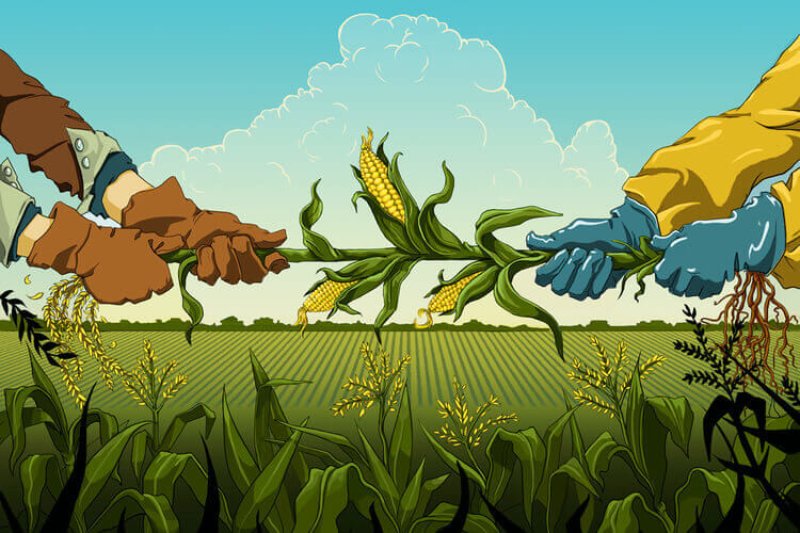In the midst of the current crisis over the coronavirus pandemic, we often face decisions about the extent to which we—as ordinary citizens and voters with little or no scientific expertise—should defer to the views of scientists. Back in 2015, I wrote an in-depth post assessing this question …. I reprint it here in is entirely in the hopes it might be useful to at least some readers in these difficult times.
[Editor’s note: Ilya Somin is a professor of law at George Mason University.]
[T]he bottom line is that we should indeed defer to scientists on technical issues within their expertise, especially if there seems to be a cross-ideological consensus among the relevant experts. That most definitely applies to the epidemiological aspects of coronavirus ….…
The majority of the public is often ignorant about basic facts about government and politics, and their scientific knowledge is also far from impressive …. For example, the issue of whether GMO foods or foods treated with pesticides are safe, or the issue of whether human activity is the main cause of climate change. On these sorts of technical matters, scientists are indeed likely to know much more than most ordinary people, and there is a good case for deferring to them.































